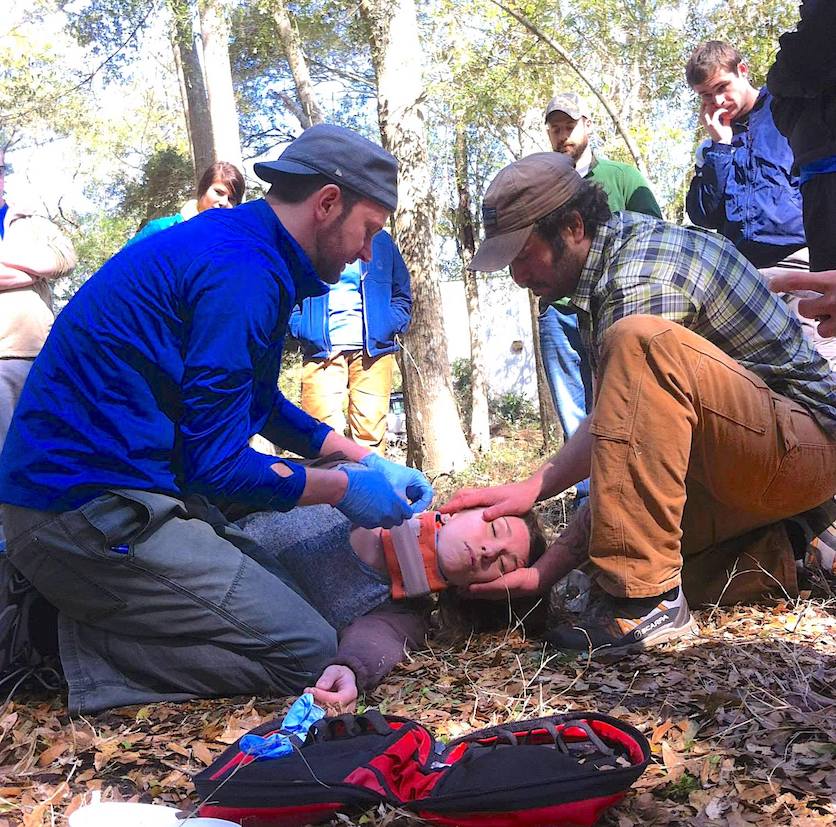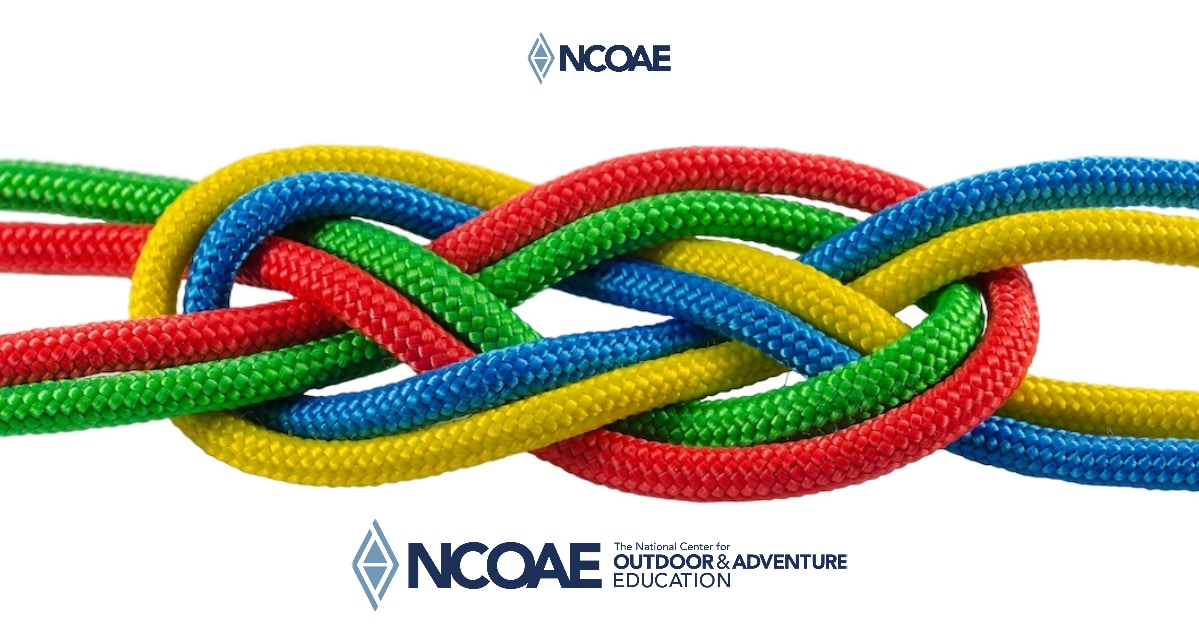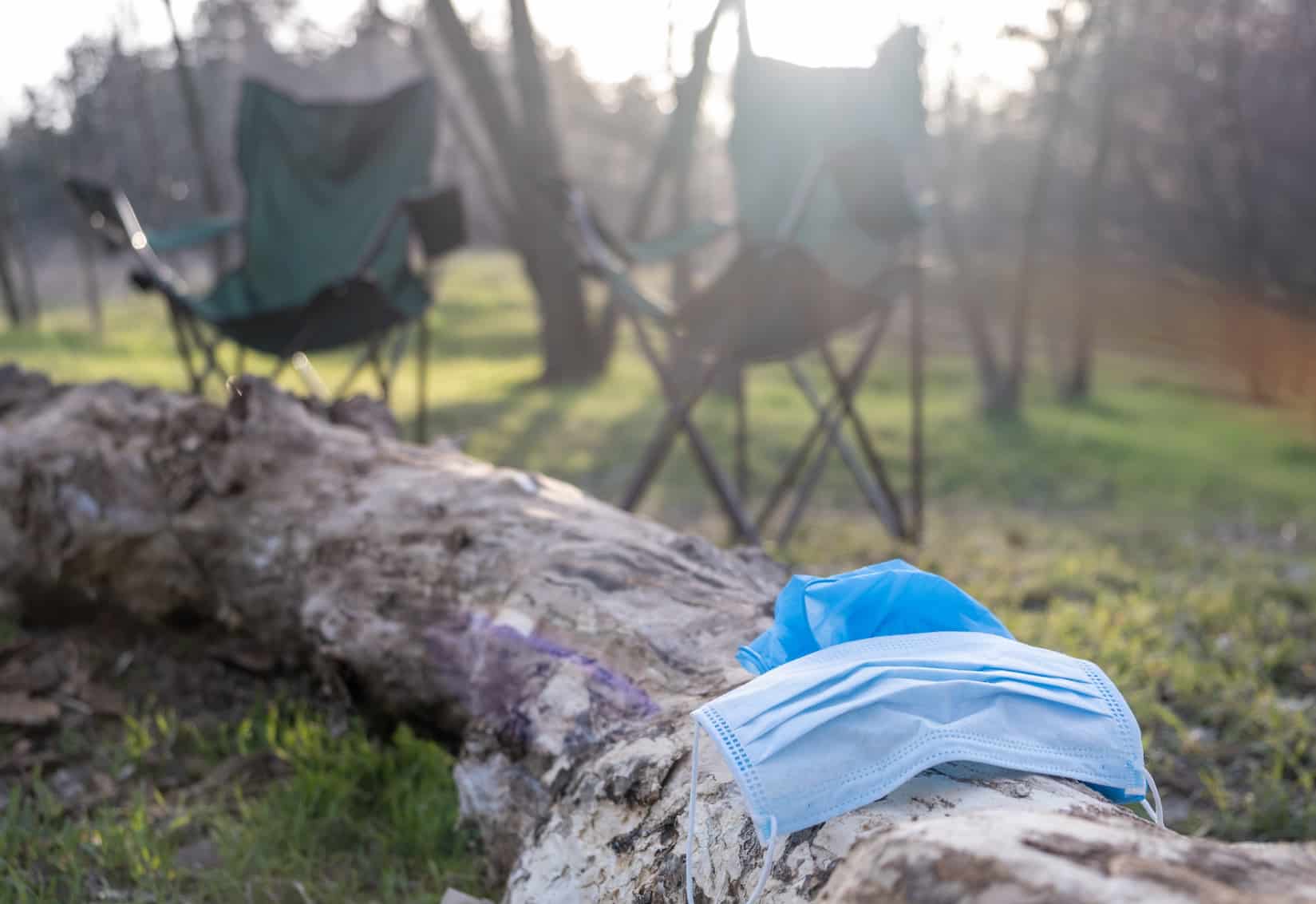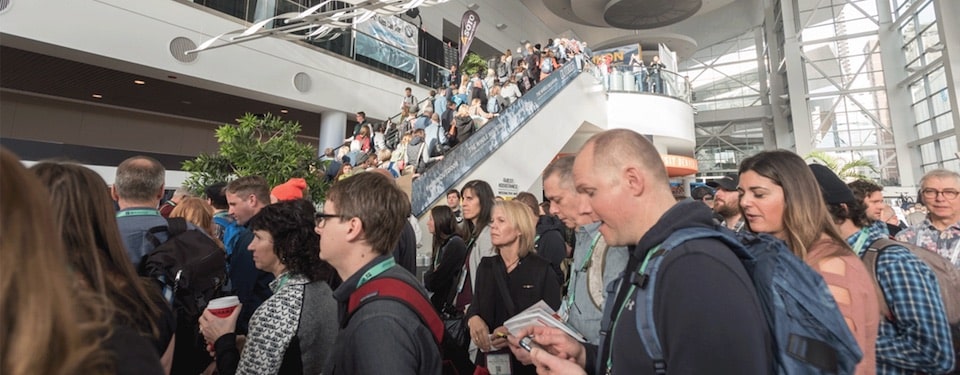Op-Ed: Has the Time Come to Standardize Wilderness Medicine Education and Training?
Wilderness Medicine TrainingThere is no shortage of wilderness medicine education providers in this country. From organizations that offer education and training for Wilderness First Responder (WFR) and Wilderness First Aid (WFA) certifications to those that offer train-the-trainer programs, a simple online search reveals a ton of options — especially when the search is focused on a specific geographical region.
What’s striking about all the wilderness medicine training and certification taking place is that none of it is nationally regulated. None of it adheres to commonly accepted industry standards that govern what’s being taught or how wilderness medicine education and training are being delivered. On the other hand, the training and certification EMTs receive is regulated on a state-by-state level and must meet minimum requirements as set by the National Highway Traffic Safety Administration (NHTSA).
Wilderness medicine training, while loosely adhering to a similar curriculum, is officially overseen by, well, no one. That being said, standardization and oversight aren’t completely absent. Several organizations have attempted to fill the void with a variety of education programs, courses, guidelines, accreditations, and oversight committees.
A Mismash in the Making
Historically speaking, first on the list is the Wilderness Medical Society (WMS) — a nonprofit founded in the early 1980s to encourage, foster, support, and conduct activities that improve the scientific knowledge of human health activities in a wilderness environment. WMS offers three types of advanced wilderness medicine-related certification that have a “continuing education” focus and accreditation connection. The organization’s Fellowship in the Academy of Wilderness Medicine (FAWM), Diploma in Mountain Medicine (DiMM), and Diploma in Diving and Marine Medicine (DiDMM) are all provided in accordance with standards set in part by the Accreditation Council for Continuing Medical Education (ACCME).
There’s also the fledgling Wilderness Medicine Education Collaborative (WMEC) — an ad hoc group of medical educators whose interest in providing guidance on content for wilderness medicine courses has resulted in the creation of minimum guidelines and scope of practice (SOP) documentation for Wilderness First Aid (WFA), Wilderness Advanced First Aid / Advanced Wilderness First Aid(WAFA/AWFA), and Wilderness First Responder (WFR) training. While the work of the collaborative (whose members include leaders from SOLO Wilderness Medicine, Wilderness Medical Associates International, and NOLS Wilderness Medicine, among others) has resulted in a robust set of SOPs, its influence is nonexistent outside those of us who actively choose to look beyond ourselves for best practices. In other words, without accreditation, there’s no real motivation for anyone offering wilderness medicine education to seek out the WMEC. And without a formal structure and an administrative arm, the WMEC has no enforceable authority or meaningful influence.
Speaking of accreditation, closer to home for those us in outdoor and experiential education, following a rapid increase in the number of adventure programs in the late 1980s and early 1990s, it became imperative that outdoor experiential education programs develop standards of program quality, professional behavior, and appropriate risk management. Enter the Association for Experiential Education (AEE), which responded to that need in the early 1990s by developing comprehensive standards for common practices in the adventure education industry, becoming the nation’s first recognized accreditation provider focused on outdoor and adventure-based experiential education programming.
(more…)Using Collective Impact to Forge a Path Forward with Coronavirus
NCOAE RecommendsBecause of the situation with COVID-19, we’ve been thinking a lot lately about the path forward for outdoor and adventure-based programs like the ones we offer here at The National Center for Outdoor & Adventure Education (NCOAE). Specifically, how do we operate in a day and age where physical distancing is either required or strongly recommended? That’s where Collective Impact may come into play.
The concept of Collective Impact takes into consideration the notion that industry players need to coordinate their efforts and work together in order to create lasting solutions to shared and common societal challenges and problems.
Put simply, collective impact is a structured form of collaboration. The term garnered national recognition in 2011 when it was touted by the White House Council for Community Solutions as a powerful framework for solving social issues. The concept became so popular that “collective impact” was selected as among the top philanthropic “buzzwords” for that year.
With the current conundrum of coronavirus facing our world today, we here at NCOAE are of the opinion that solutions for COVID-19-related issues from any qualified source is worth considering. And, if you or your organization is of the same mind, we would love to hear from you. We can listen to each other’s challenges and maybe we can help each other discover solutions to those problems associated with operating an outdoor and/or adventure-based program in the time of coronavirus.
Since this crisis evolved in mid-February, we have been working up schedules and then reworking them. And, because our work crosses into many sectors — including schools, businesses, and government agencies — and because we deal with multiple states and international borders, we find ourselves dealing with a lot of moving parts.
The good news, of course, is that our staff has evolved to become a finely tuned machine. We’re able to juggle a lot and do it well. But that still leaves us wondering how the greater outdoor and adventure education industry may be grappling with the same or similar challenges as we’re contending with.
As most successful adventurers and explorers do, we set out to do some research. And here is some of what we’ve discovered so far: (more…)
Adapting Outdoor Education in the Time of Coronavirus
About NCOAEHere at The National Center for Outdoor & Adventure Education (NCOAE), we’re known nationally and around the world for our consistency in producing highly impactful backcountry climbing, backpacking, kayaking and other outdoor adventures of an educational and team-focused nature. Our highly trained and experienced outdoor educators, field guides — along with our wilderness medicine and EMT instructors — present hands on training and guidance that vastly improve our students’ technical outdoor and wilderness medical skills.
That’s because all of our instructors and guides are experts at adapting to every scenario — whether that’s in a wilderness or urban setting, presenting each of our students and participants with endless opportunities to not only succeed, but to excel at whatever obstacle confronts them on the trail or in the medical training field guides.
To that end, our business currently finds itself in the same situation faced by every other educational organization on the planet: managing our affairs at a time when the virus named “SARS-CoV-2” and the disease it causes, coronavirus disease 2019 (COVID-19), is impacting every single aspect of the world economy. How we’re handling the problem is much like what we do on the trail. We’ve chosen to look at this uncertainty and chaos as an opportunity by seeking out the best solutions and maneuvering around and past what is undoubtedly nothing short of a global health catastrophe. In particular, we want you to know how we’re meeting the challenges with regard to our educational training and programming.
For example: (more…)
Upcoming and Important Outdoor Industry Conferences
ConferencesAs you’re probably aware, we here at The National Center for Outdoor Adventure & Education (NCOAE) do a lot more than just organize backcountry trips for teens, Outdoor Educator courses for outdoor education industry professionals, GAP Year Programs for college-age students, and wilderness medicine and EMT training for anyone desirous of such certifications.
For certain, our wilderness outings and trainings are our bread and butter, focusing as they do on three-day to three-month adventures targeting everything from mountaineering to surfing and certification-granting trainings ranging from Emergency Medical Technician training to Leave No Trace ethics.
But among our tasks — and admittedly it’s more of a rewarding commitment than a task — is giving back to the outdoor education and adventure recreation industry what was so freely given to us. Our aim has always been to serve as a clearinghouse for information related to our profession, and one of the ways we do that is promote and participate in select outdoor industry meetings, markets and conferences.
And by promote, we mean we go the extra step to keep our industry peers up to date on happenings that affect our employees, our clients, our profession and of course, the environment. We want to get the word out about these upcoming and most important outdoor shows, seminars and confabs.
Having said this, what we offer below is a list of upcoming outdoor industry conferences and events that you might consider attending. Here’s what the calendar looks like for the rest of 2018 and the beginning of 2019: (more…)
Pivoting on Climate Change
Land ManagementMost libraries and bookstores offer up books in the science and nature section that address climate change, with titles that range from “Hot Hungry Planet” to “Climate of Hope.” Many of these books focus on global warming, polar bears in the Arctic, flooding and other environmental crises on continents around the world.

Photo by Andy Brunner on Unsplash
However, for those of us working in the fields of outdoor education, adventure-based recreation, and summer camp, we don’t need books and photos from foreign lands to persuade us that changes are occurring on our planet — and happening at an alarmingly fast rate.
We see these changes on the rivers we run, mountains we climb, trails we traverse, and camping sites we claim and reclaim for seasonal programs. For many of us who facilitate outdoor education programs, we’ve observed (more…)
TALK TO US
Have any further questions about our courses, what you’ll learn, or what else to expect? Contact us, we’re here to help!



